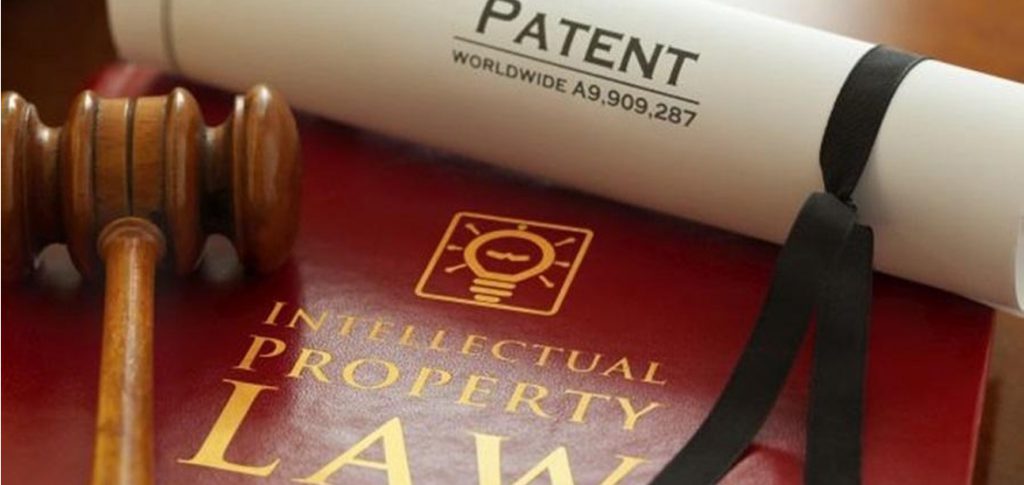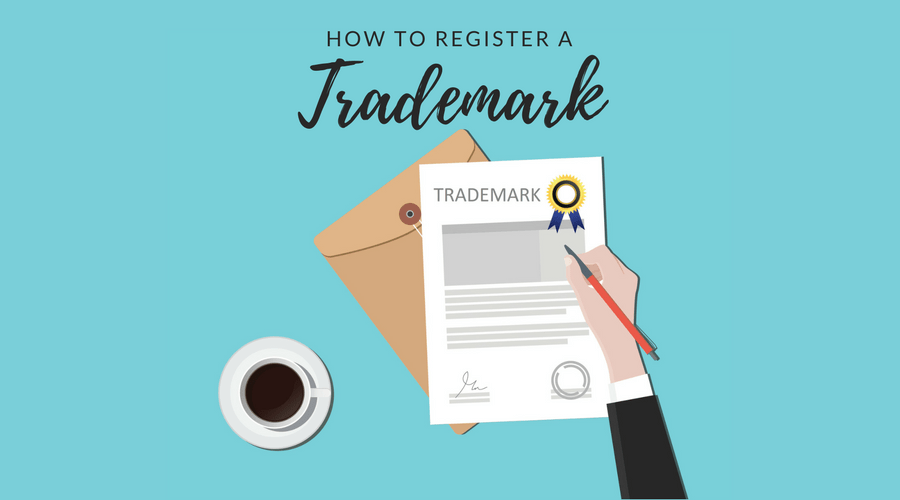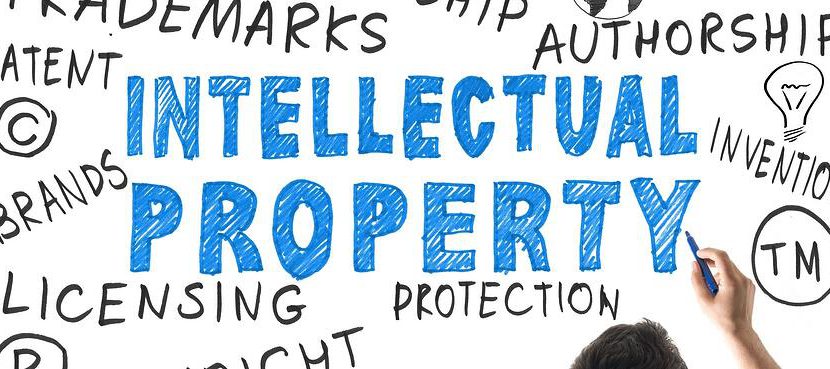Intellectual properties right are known as IPR. Intellectual property is the property that has been acquire from the intellect of the Creator. This property does not include tangible property, it includes full and complete intangible property. Thus, the name of the business, new inventions in terms of technology, new songs, novels and various other unique compositions fall into the realm of intellectual property rights. Intellectual property is derived from natural law, not from legal or precedent, thus it is not necessary to protect any particular work at the time of registration, although the registration process benefits the registered owner without marking the procedure. Simple and less cumbersome.
The formulation of the above paragraph should not take into account that all ideas will be guarantee in accordance with the rules and regulations of intellectual property rights. Intellectual property rights guarantee protection against properly formed ideas or certain expressions of pre-existing ideas. This may be use as a means of protecting the ownership of register property in relation to the product, not just the product itself.
rights guarantee a variety of rights to the proprietor. E.g. it gives the owner of the intangible property the right to sell and hand over his work / creation / brand to anyone at his discretion. If a work or property created by a person is violated, the owner can prevent himself from potentially violating it.
The following are services that are cover in the sense of intellectual property rights
Copyright –

it is a right that protects the inevitable expression of ideas. This protects written or published works such as books, songs, films, web content and works of art. The Indian Copyright Act, 1957 protects the copyright system in India. The law has since been amend five times, in 1983, 1984, 1992, 1994, 1999 and 2012.
Patents –

A patent describes an invention for which the inventor claims exclusive rights. A registered patent protects a commercial invention, for example, a new product or process. Licenses are additionally use to secure recently design plant species or strains. The term patent is usually 20 years from the date of filing for patent rights for all creations / inventions.
Trademarks –

Trademarks are define as those unique signs that are use to distinguish goods or services from others. It very well may be plans, pictures, signs or even articulations. In order to protect trademark rights, the person / entity must apply for trademark registration.
Trademark registration helps prevent others from copying the registered mark (registered mark) and misrepresents other products with the registered mark. Registered trademarks help consumers identify brand and brand value at a time.
An enlisted brand name is an intangible resource of a business. It acts as a protective cover for a company’s investment in a logo or brand.
In India, registered by trademarks –
Comptroller General of Patents, Designs and Trademarks,
Ministry of Industry and Commerce, Government of India.
Design –

registration is a form of intellectual properties protection, under which a newly create design apply to an article create under an industrial process can be protect from forgery. It gives the creator exclusive rights to use for ten years, which can be extend up to five years.
Shapes, configurations, patterns or ornaments, or the composition of lines and colors or any combination apply to an article may be registered under the Design Act, 2000. But in order to register a design, it must meet the following conditions:
It should be new and original.
The design should relate the shape, arrangement, pattern or ornament applied to the article.
the industrial process must be apply to any article.
should be visible and appear in the article.
Under the Design Act, the owner of a registered design can seek legal redress in the event of a breach.
Definition of design
Design is define under Section 2 (d) of the Acts Act 2001, only the features of shape, pattern, configuration, composition or ornamentation of lines or colours that apply to any article that is two-dimensional, three-dimensional, or both an industrial process. By or in any way mechanical, manual or chemical, separate or combine, which is determine entirely by the eye in the finish article; But the principle of construction or whatever is in the object is not only consider a mechanical device.
Benefits:
Intellectual properties (IP) right do not protect ideas or concepts. They protect the original business assets that are important to your products or services, or the success and profitability of your business.
There are many benefits to protecting your intellectual property rights. For example, protecting your IP can help you:
Intellectual properties Increasing the market value of your business –
An IP can generate revenue for your business by licensing, selling or commercializing secure products or services. This, in turn, can improve your market share or increase your profits. In the case of sales, mergers or acquisitions, securing registered and IP assets can add value to your business.
Turn ideas into profitable assets –
Their own ideas cost less. However, IP can help you turn ideas into professionally successful products and services. Authorizing your patent or copyright, for instance, can prompt a constant flow of eminences and extra income that can support the main concern of your business.
Sell your business products and services –
IP is essential to creating an image for your business. Think trademarks, logos or design of your products. IP can help you differentiate your products and services in the market and promote your customers.
Access or raise finance access for your business –
you can sell it, license it or use it as collateral for debt financing. In addition, you can use your IP for benefits when applying for public or government funds, e.g. Grants, subsidies or loans.
Increase export opportunities for your business –
IP can increase your competitiveness in export markets. You can use brands and designs to sell goods and services abroad, enter into franchising agreements with foreign companies, or export your patented products.
While some IP rights are automate, you can claim them before others require a formal application and registration. Read more about the different types of intellectual property and the importance of protecting intellectual property.

